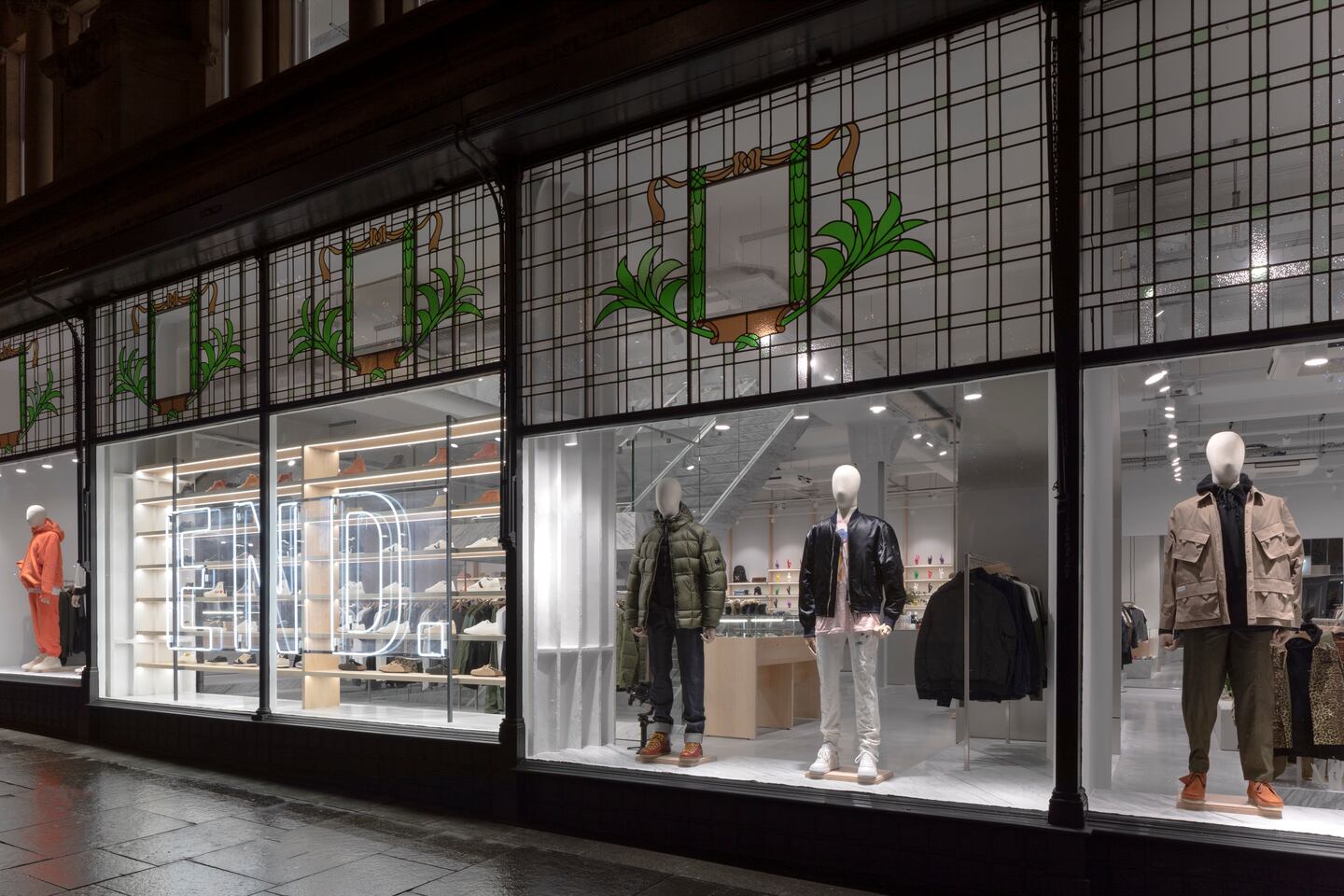
The Business of Fashion
Agenda-setting intelligence, analysis and advice for the global fashion community.

Agenda-setting intelligence, analysis and advice for the global fashion community.

End., the Newcastle-headquartered retailer of luxury fashion and streetwear that was acquired by The Carlyle Group last year, is undergoing a leadership change.
Parker Gundersen, who previously led retail operations at LVMH’s travel retail competitor, DFS Group, and also served as CEO of Zalora, an important fashion e-commerce player in Southeast Asia, will succeed co-founders Christiaan Ashworth and John Parker. Ashworth and Parker will remain on the board of directors of the company, which opened its first brick-and-mortar store in 2005 but emerged in the late 2010s as a serious online competitor in the accellerating race to reach the growing ranks of young, often male, luxury consumers. By 2018, it was generating $180 million in sales a year, on track to surpass $300 million by 2020.
The introduction of Gundersen, who will also have a seat on the board, indicates that Carlyle is eager to further End.com’s expansion both online and off with a seasoned operator.
In recent years, the number of major players battling for the online luxury consumer has proliferated, with companies like End., Ssense and Highsnobiety receiving investment on the back of their ability to reach that coveted menswear customer.
In a rare interview, the founders of the Newcastle-based shopping destination reveal their plans to reach $350 million in annual revenue by 2020.
As the German sportswear giant taps surging demand for its Samba and Gazelle sneakers, it’s also taking steps to spread its bets ahead of peak interest.
A profitable, multi-trillion dollar fashion industry populated with brands that generate minimal economic and environmental waste is within our reach, argues Lawrence Lenihan.
RFID technology has made self-checkout far more efficient than traditional scanning kiosks at retailers like Zara and Uniqlo, but the industry at large hesitates to fully embrace the innovation over concerns of theft and customer engagement.
The company has continued to struggle with growing “at scale” and issued a warning in February that revenue may not start increasing again until the fourth quarter.